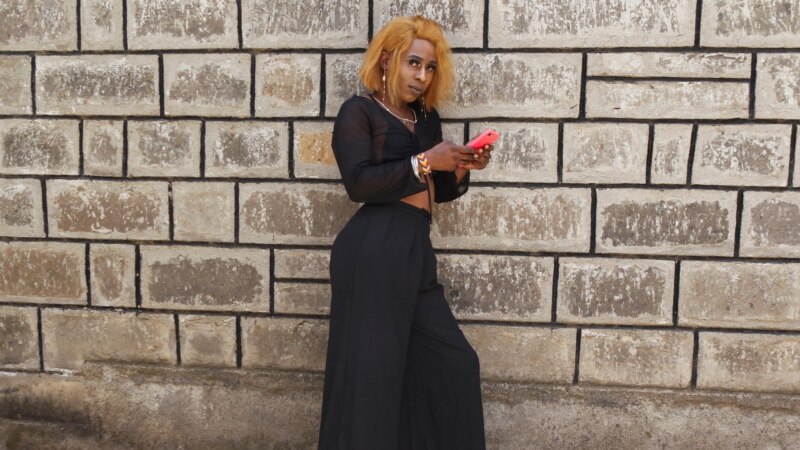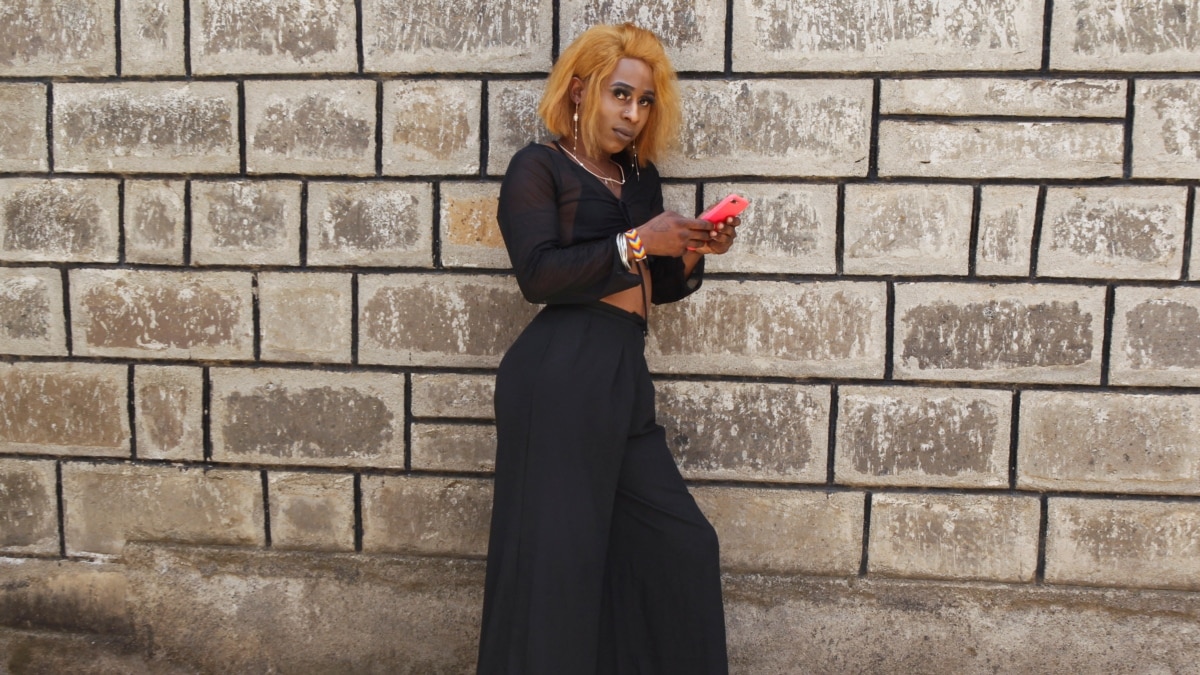This website uses cookies so that we can provide you with the best user experience possible. Cookie information is stored in your browser and performs functions such as recognising you when you return to our website and helping our team to understand which sections of the website you find most interesting and useful.


For the first time in years, Arya Rams falls asleep and wakes up each day without a dense knot of fear in her chest.
She lives in a room in a safe house deep in Kenya's Rift Valley, supported by the Dutch non-governmental organization Trans Rescue.
Being transgender in Kenya can be dangerous. In 2021, her friend was stoned to death by a mob on a beach near the city of Malindi, she said. A few months later, Arya said she was chased by people wielding machetes.
Arya, 27, said the protections of the safe house have been all the more important over the past week as a backlash against lesbian, gay and transgender Kenyans has flared following the death of LGBTQ rights activist Edwin Chiloba.
Chiloba's body was found in a metal box on the roadside near the city of Eldoret last week. A pathologist said he died from suffocation caused by socks stuffed into his mouth.
"People were going through other gay people's social media saying, 'Have you seen Chiloba? You are next,'" said Arya.
Police this week named Chiloba's reported partner as the main suspect in his death. Reuters has not been able to reach him for comment.
Outside the investigation, much of the public commentary on the case has been harsh, and sometimes threatening.
"Let us not waste time discussing LGBTQ ... it's illegal ... Jail them," lawmaker Mohammed Ali wrote on Twitter on Tuesday.
A rarely-enforced colonial-era law makes gay sex punishable by 14 years in prison. Identifying as gay or transgender is not a crime.
Amnesty International and other campaign groups last week said there had been increasing cases of sexual and gender-based violence (SGBV), as well as domestic abuse, across Kenya.
They said there was an "uncoordinated and often reluctant response to SGBV from State and non-state actors" and called on authorities to do more to investigate crimes and work with survivors.
A positive response to that appeal would make a big difference, said Arya.
"I'm just saying that if someone ... from the LGBTQ community could be in a situation whereby they don’t fear to walk into a police station and record a statement ... then probably we could have reduced a lot of (problems)."



 Africana55 Radio
Africana55 Radio 
